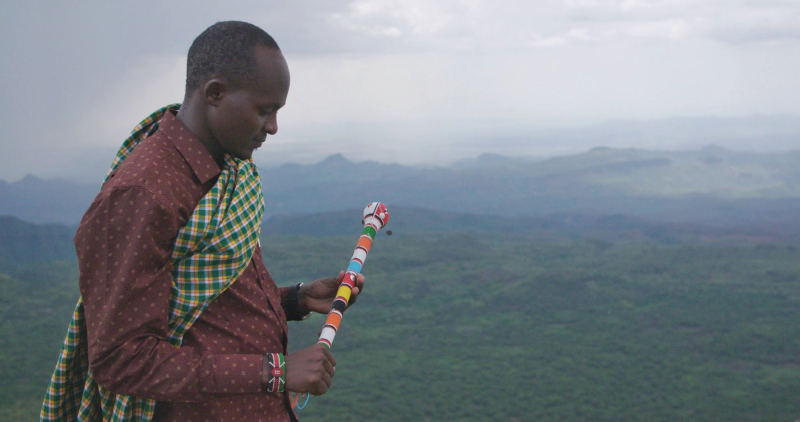The final weekend of WATCH DOCS | WATCH DOCS
Jump to contentThe final weekend of WATCH DOCS
The final weekend of WATCH DOCS and the closing of this year's edition is ahead of us - but before we hand out the awards, we invite you to more talks and screenings!
Tonight, DOC LAB POLAND - a program for documentary filmmakers which helps them develop their projects - will celebrate its 10th birthday. To mark the occasion, a special screening of the film “Fury” by Krzysztof Kasior, which is the story of Ola, who dreams of a career as a professional fighter, will be held at the KINOMUZEUM at 6 pm. Ola would like to break out of the provincial block of flats, leave behind the neighborhood pathologies and start to live independently. When training, she gives her best and her dream slowly materialises. But obstacles also pile up: with the stakes of the fights, the pressure grows, injuries and conflicts multiply.
Another item on our festival list is “Real” (6 pm, Kinoteka). It's a breathtaking journey through the changing unveilings of digital reality. Director Adele is in Warsaw and will meet with the audience.
On Friday evening, we also invite you to the first screening of “The Battle for Laikipia” (20:00 Muranów Cinema). The film is competing in the WATCH DOCS Green Dog Competition. A year-and-a-half-long drought in Kenya prompts desperate herders to rebel against a ban on grazing animals on land occupied by European settlers. Adding fuel to this rebellious fire is the looming election.
The screening of the film will be followed by a discussion, “Who is taking away our rain?” (in Polish). Economic powers, responsible for climate change, are appropriating basic resources, until recently considered a common good. Why are national governments unable or unwilling to stop these practices?
Finally, the perfect way to end your day is a screening of the film “Flats” and a meeting with its director Alessandra Celesia (8:30 pm at the KINOMUZEUM). Although the conflict in Northern Ireland officially ended in 1998, its long shadow still haunts the people of Belfast today. Scars from the past prevent people from moving forward, and apartment blocks where terrorists have been replaced by dealers. The presence of the camera is a chance to confront the deepest traumas of the past.
Although the Northern Ireland conflict officially ended in 1998, its shadow looms long over the people of Belfast. The presence of the camera offers a rare opportunity to confront old traumas: death, pain, and the loss of loved ones. What must change for their lives to finally be freed from the grip of the past?
You can find the entire program here. See you at the cinema!
